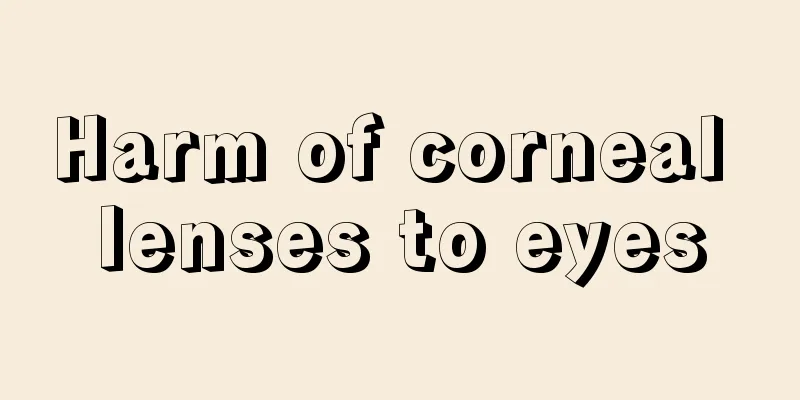Unilateral resection of thyroid cancer is seriously inappropriate

|
Thyroid cancer is a common endocrine tumor in clinical practice. Whether unilateral resection of thyroid cancer is serious needs to be analyzed based on the specific situation. It is usually related to factors such as the pathological classification of thyroid cancer, surgical method, whether lymph node metastasis occurs, and whether distant metastasis exists. 1. Pathological classification: Thyroid cancer is mainly divided into four types: papillary thyroid cancer, follicular carcinoma, anaplastic thyroid cancer, and medullary thyroid cancer. Papillary thyroid cancer and follicular thyroid cancer are often divided into low, medium, and high differentiation in pathology, while anaplastic thyroid cancer is a type with a higher degree of malignancy and is also called anaplastic cancer in pathology. Patients with papillary thyroid cancer and follicular thyroid cancer, if there is no lymph node metastasis, and the tumor is small and highly differentiated, have a good prognosis after unilateral thyroidectomy, and the disease is generally not serious; 2. Surgical methods: Common surgical methods include total thyroidectomy, unilateral thyroidectomy, and laparoscopic total thyroidectomy. Papillary thyroid carcinoma and follicular thyroid carcinoma generally do not have lymph node metastasis. If it is an early stage papillary thyroid carcinoma or follicular thyroid carcinoma without distant metastasis, the prognosis is generally good and not serious after unilateral thyroidectomy. 3. Whether lymph node metastasis occurs: If the patient has lymph node metastasis, recurrence and metastasis may occur after unilateral thyroidectomy, which is more serious; 4. Whether there is distant metastasis: If the patient's tumor has not metastasized to distant places, the prognosis after surgical resection is good and not serious. If the patient's tumor has metastasized to distant places, the prognosis after surgical resection is generally poor and may even be life-threatening, which is more serious. After surgery, patients need to take long-term medications such as levothyroxine sodium tablets and have regular color Doppler ultrasound or CT scans. It is recommended that patients maintain a good mood and avoid excessive stress, emotional agitation and other negative emotions. In addition, patients should also pay attention to rest and avoid staying up late or overwork. |
<<: How about chemotherapy without surgery for thyroid cancer
>>: What is the cause of stump metastasis after hemisection of thyroid cancer
Recommend
What are the little red spots on the skin?
After the beginning of spring, spring returns to ...
Durian with beer
Durian is a fruit that is deeply loved by people ...
How should congenital bone fractures be treated?
Bone fractures can be congenital or acquired. Gen...
Methods for cleaning blood vessel walls
As the material level improves, some diseases suc...
What to do if the soft tissue of the neck is injured
Many people have experienced soft tissue injuries...
Can I drink water during a urine routine test
A routine urine test is a way to find out whether...
Which 125-particle intervention for thyroid cancer bone metastasis is more effective? What is 125-particle intervention for thyroid cancer bone metastasis?
Thyroid cancer is a disease that is relatively di...
Men should eat more of these vegetables to prevent prostate cancer
Prostate cancer is a common disease among older m...
What does triglyceride mean
When we talk about triglycerides, many people don...
Caloric analysis of cooked duck eggs
Cooked eggs are a kind of food that we often choo...
Can baking soda be used to wash the face every day?
Can baking soda be used to wash your face every d...
How long can you live after surgery for mid-to-late stage rectal cancer
The survival time after surgery for mid- to late-...
Introduction to the method of distinguishing the authenticity of bird's nest
Many people are troubled when buying bird's n...
Dietary considerations for patients with liver cancer
The liver is an important organ in the human body...
Teppanyaki seasoning recipe
In fact, many ingredients can be used to make tep...









